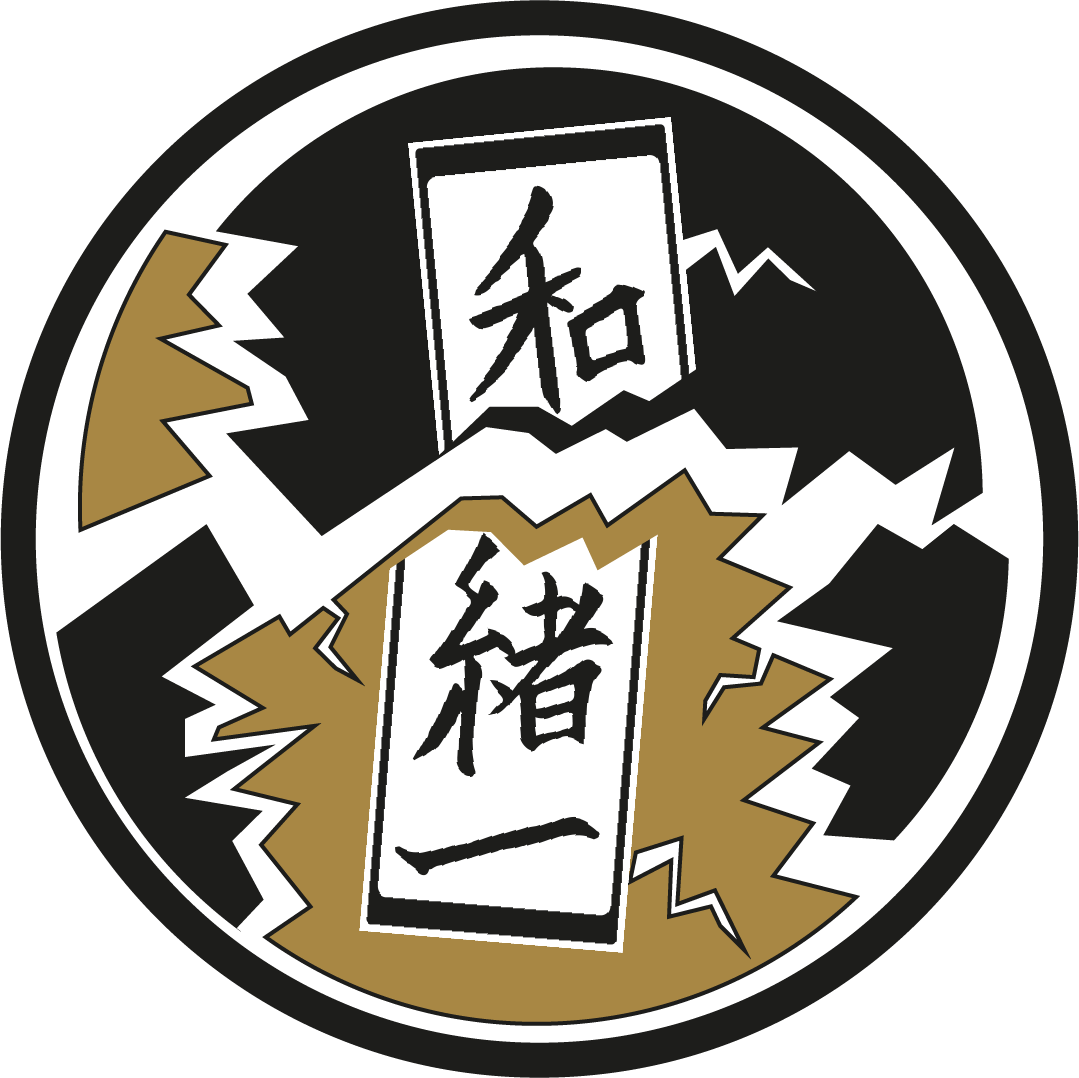To Drink or Not to Drink?
In Japanese, the most basic words might turn out to have an astonishing number of meanings. Today we look at the word nomu, which students of Japanese learn early on to mean ‘to drink’ and to be written as 飲む. However, the concept behind nomu is actually more complex, as it refers to the action of swallowing. That is why in Japanese, you nomu medicine – even if it is in the form of a pill. In this case, you could use the kanji 服む nomu, but it is uncommon.
Another meaning of nomu is to be ‘smoking tobacco’, when it can also be written as 喫む. However, it is not a phrase that you will hear often nowadays, as most people 吸う sū tobacco – ‘breathe in’.
Other than that, nomu can also be used in the figurative sense when speaking about actions that resemble swallowing, usually using the kanji 呑む. So, you can 敵を呑む teki wo nomu – ‘suppress the enemy’, 要求を呑む yōkyū wo nomu – ‘accept a demand’, or 懐にどすを呑む futokoro ni dosu wo nomu – ‘hide a dagger in your pocket’.
The general distinction between the two main characters for nomu is that 飲む is used for liquids or things that you do not bite, and 呑む is used for solid bodies and metaphoric meanings. However, that is not all there is to it. E.g., alcohol can be drunk with both characters (酒を飲む・酒を呑む): the first kanji simply indicates drinking, while the second one has the connotation of drinking hastily, with big gulps.
It is completely understandable if you feel like just using hiragana for everything in such moments.
Written by AL

